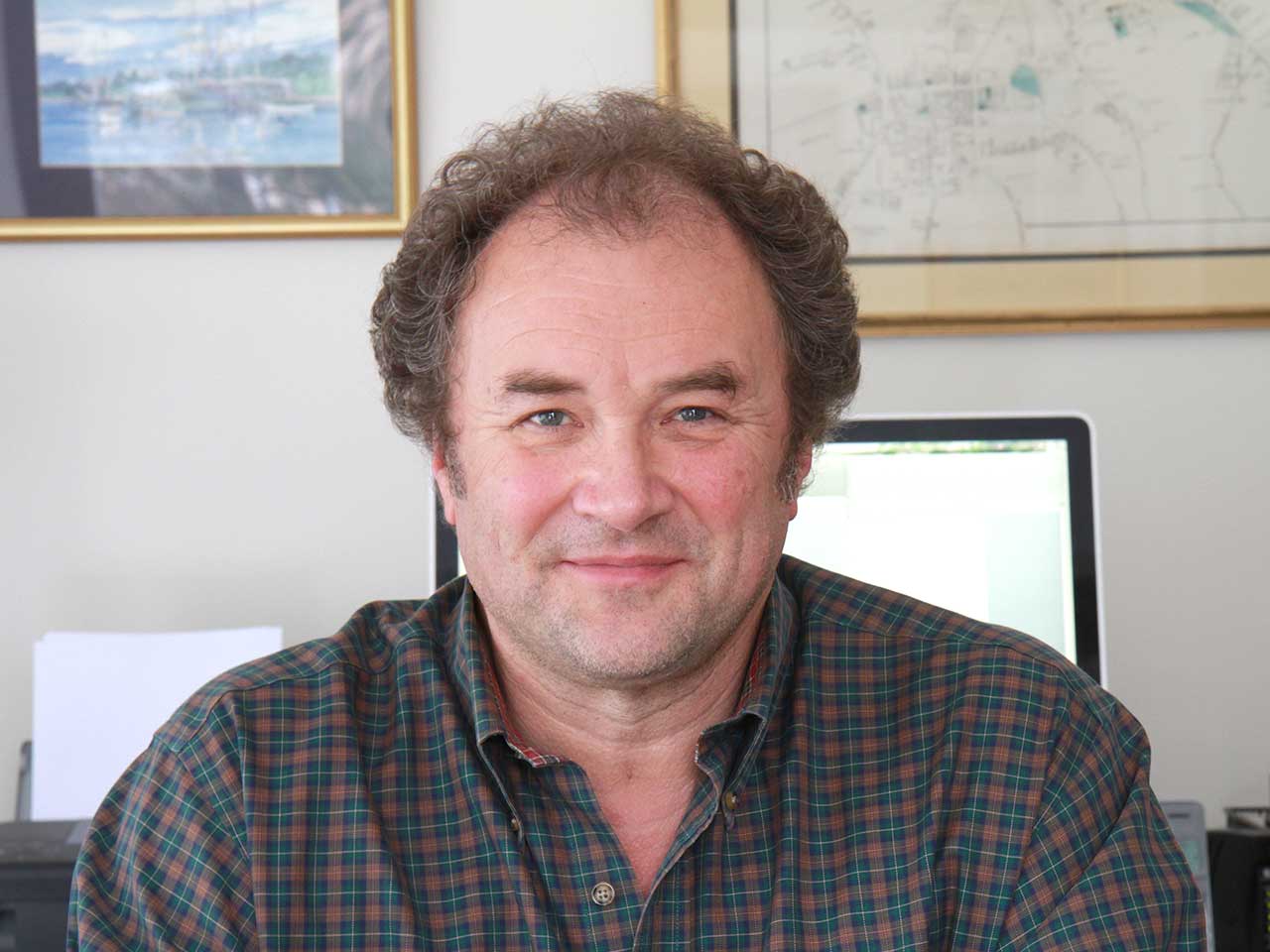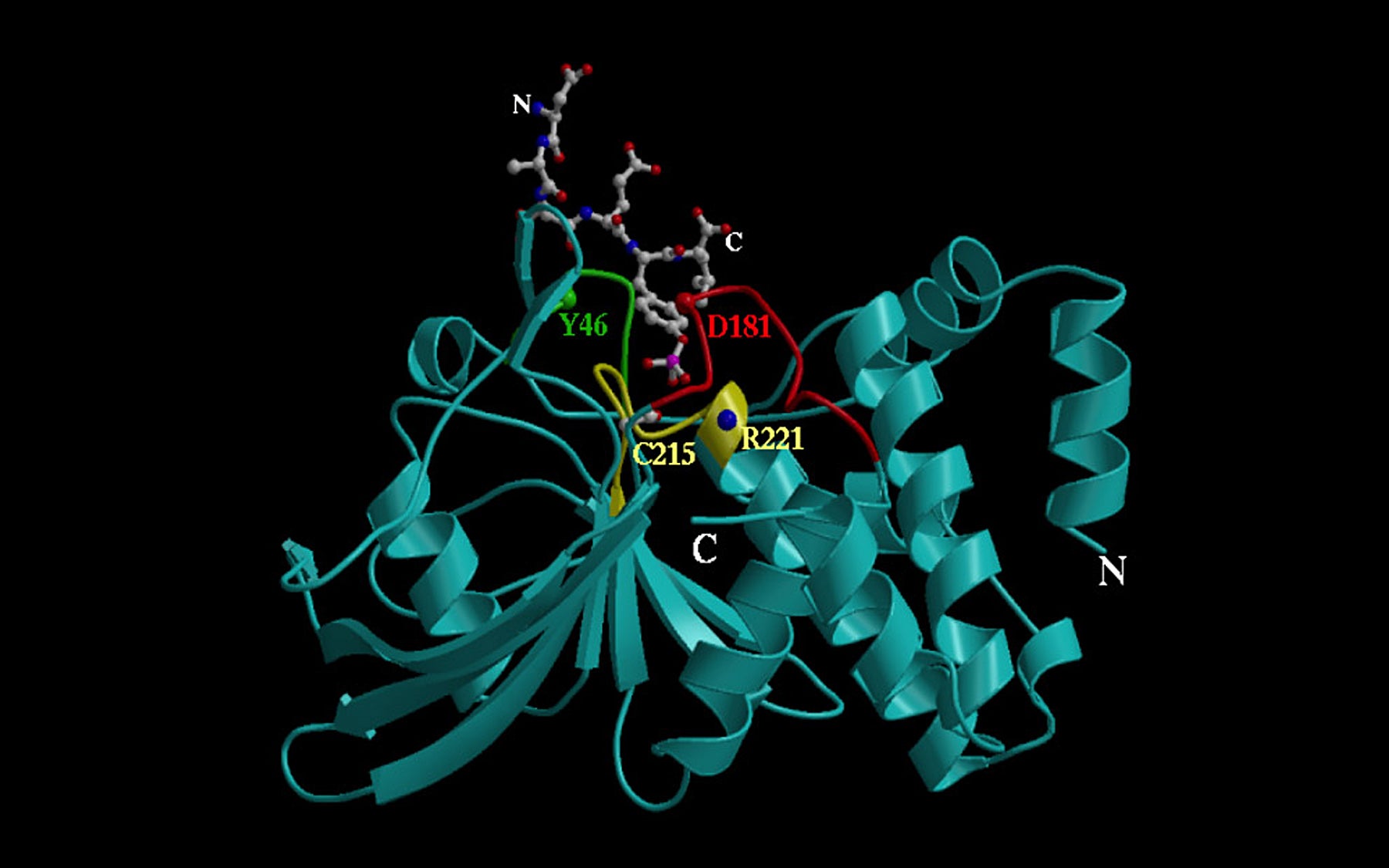Cold Spring Harbor, NY — Cold Spring Harbor Laboratory (CSHL) today announced a collaboration with GSK to develop a treatment for obesity and type 2 diabetes.
Scientists at CSHL and GSK will pursue drug development based on a novel approach to regulate the enzymatic activity of the phosphatase PTP1B. The goal of the multi-year CSHL-GSK collaboration is to identify potent, selective, orally bioavailable small molecules that inhibit PTP1B activity in vivo following stimulation by insulin and leptin, which would be expected to overcome insulin and leptin resistance that is encountered in diabetes and obesity.
“At CSHL, we are striving to achieve mutually beneficial and effective collaborations to accelerate research and develop new therapies to benefit patients”, said Teri Willey, Vice President for Business Development and Technology Transfer at CSHL. Obesity and diabetes are among the major medical challenges that society currently faces. According to the International Diabetes Federation, diabetes had a worldwide prevalence of 366 million in 2011 and that is predicted to increase to 552 million by 2030. In the U.S. alone, the annual health cost related to obesity is nearly $200 billion.
The work at CSHL will be led by Professor Nicholas Tonks, who is an expert on the protein tyrosine phosphatase (PTP) family of enzymes and their roles in human diseases. He is considered a pioneer in the PTP field, having discovered PTP1B. His work was instrumental in establishing the importance of the PTP family of enzymes as regulators of how cells respond to stimuli from their environment and as potential therapeutic candidates for several human diseases.
“At GSK, we believe that combining the in-depth target and disease knowledge of renowned academic groups with our drug-discovery expertise and capabilities can foster innovation and speed up the discovery and development of new medicines,” said Carolyn Buser, global head of The Discovery Partnership with Academia program (DPAc) at GSK. “We are excited to expand our partnerships in North America and look forward to working closely with Dr. Tonks, whose deep understanding of protein tyrosine phosphatase biology will complement our own work in this field.” DPAc at GSK combines the insights and creativity of the academic world with GSK’s drug-discovery expertise to turn innovative research into medicines that benefit patients. GSK currently has 13 DPAc collaborations in place at academic research institutions in North America and Europe.
GSK and CSHL will provide project co-leadership, allowing synergy between their different sets of expertise to facilitate the development of novel therapeutics.
Written by: Communications Department | publicaffairs@cshl.edu | 516-367-8455
About GlaxoSmithKline
GlaxoSmithKlineis one of the world’s leading research-based pharmaceutical and healthcare companies and is committed to improving the quality of human life by enabling people to do more, feel better and live longer. For further information please visit www.gsk.com.
Principal Investigator

Nicholas Tonks
Professor
Caryl Boies Professor of Cancer Research
Cancer Center Associate Director of Shared Resources
Ph.D., University of Dundee, 1985

